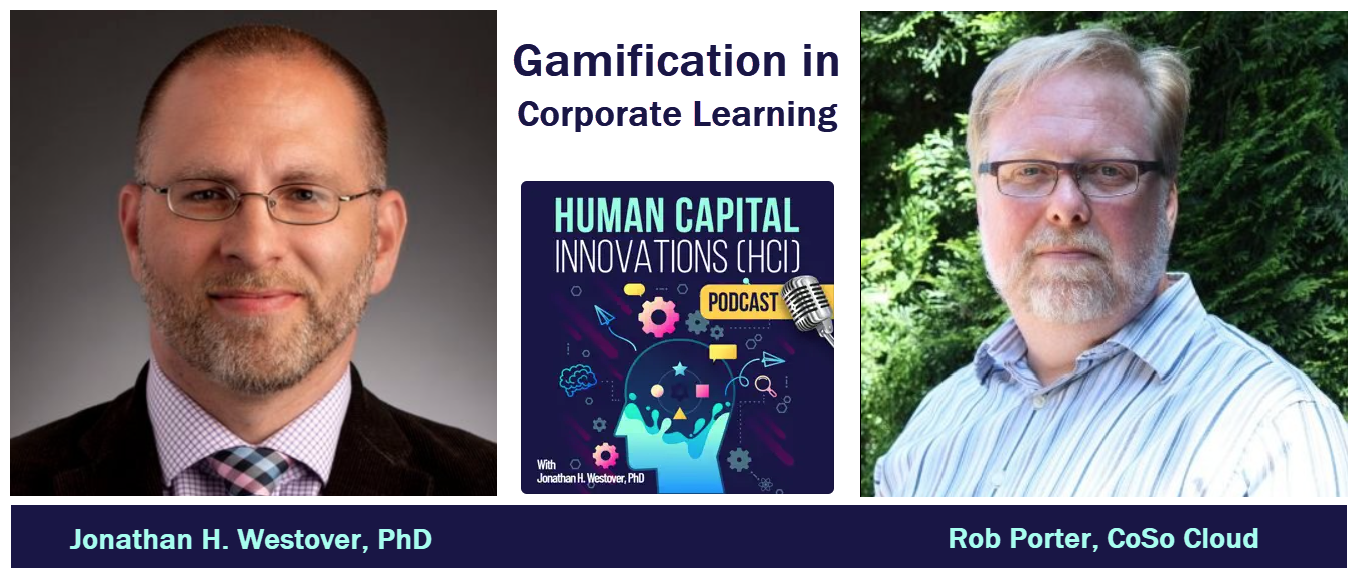
Should Training Tackle Political Divide in the Workplace?
February 27, 2019
sdfsdfsd
HR services provider Randstad released the findings of an interesting survey on how the current political climate impacts people and relationships within the workplace. They found that while half of those surveyed enjoy talking politics with colleagues because “it helps them understand other viewpoints,” another half confesses to limiting interactions with co-workers who harbor different political beliefs.
The survey offers up a goldmine of data that HR professionals will likely find both heartening and concerning. For instance, 38% of the workers surveyed said their viewpoints have actually evolved after talking politics with other employees with differing viewpoints. This suggests a surprisingly level of open-mindedness, empathy and amplitude for learning in the workplace—a clear positive for organizations that realize the need for ongoing worker education and “togetherness” to compete in today’s knowledge economy.
But another 38% have also been involved in heated exchanges with co-workers that no doubt leave a negative impact on productivity—44% in fact agreed to as much. Equally concerning: 43% have felt excluded at work as a result of their political views while 38% believe they’ve been the subject of negative bias due to their views. This not only puts a dent in a team’s ability to collaborate, it can create pressure for valuable talent to leave the company.
While it’s understandable for training managers to want to avoid wading into political waters, those that do are missing a tremendous opportunity to help workers accept their political differences not only for the sake of their employer or their own careers, but for the worker’s own personal well-being, which too can greatly benefit the organization. Let’s face it, the stress and anxiety associated with today’s political climate can be incredibly distracting and destructive for people—especially when they’re on the clock if they have access to the news or social media. But if the Randstad survey is representative of worker viewpoints as a whole, it shows Americans might not be as critically divided as our perceptions might lead us to believe. If the spirt of unity (despite our differences) is stronger than we think, then training managers should be even more successful in growing that positive spirit throughout the organization.
Furthermore, let’s remember the goal for corporate training here isn’t to get workers to align their political beliefs or even to root out conflict, which is a necessary part of everyday decision making in the workplace. Rather, it’s to educate workers on how to engage in political or other difficult discussions in ways that don’t create harmful levels of friction or any instances of alienation. Conflict resolution is something training managers include in their programs all the time to help create more positive interactions between employees and customers, employees and other workers, and more. Why not add political discourse to the mix? It may be the biggest threat to collaboration, productivity and talent retention your organization faces.











